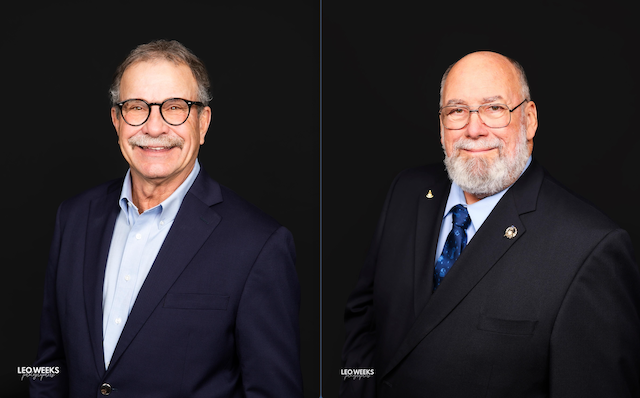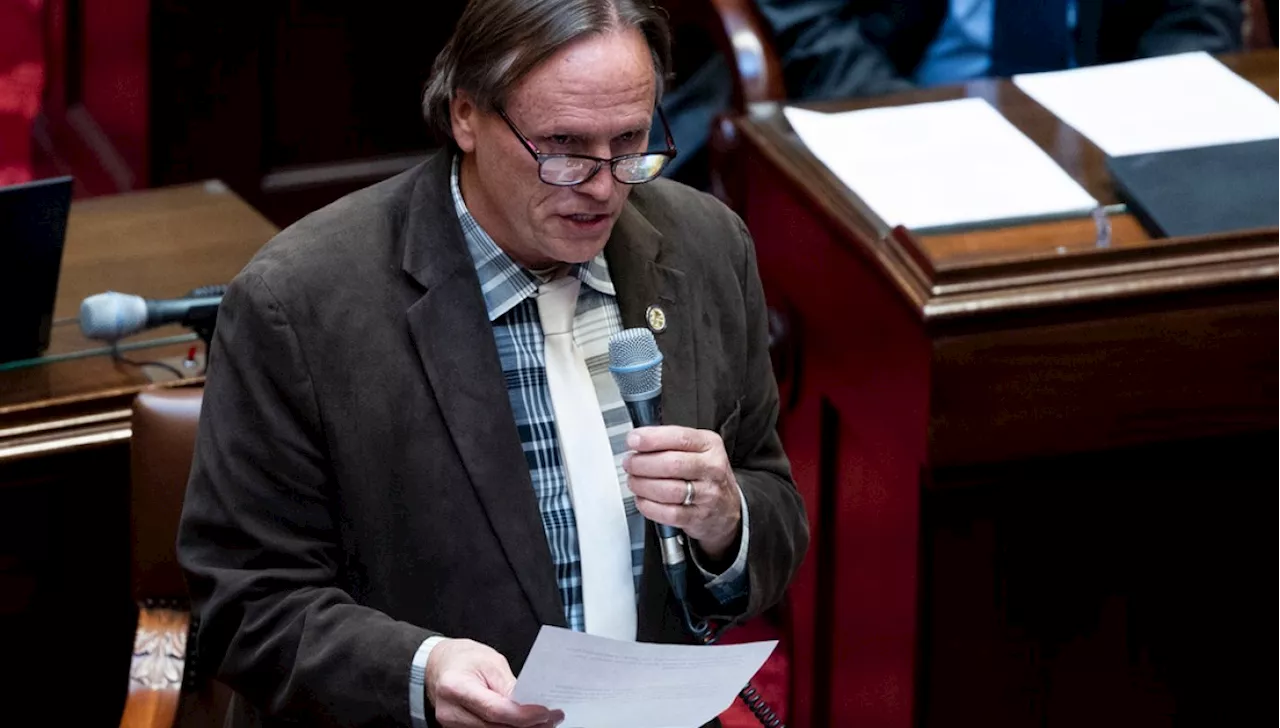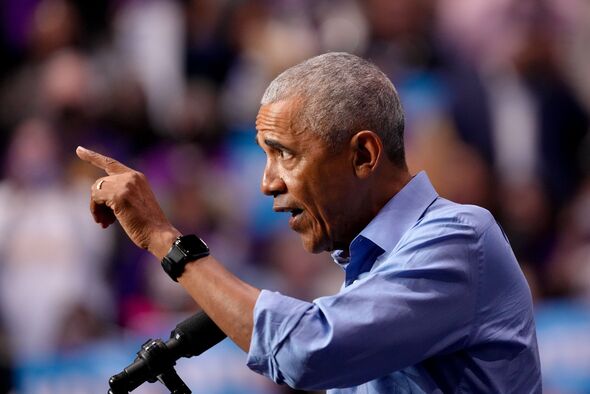The Pentagon has launched an investigation into Senator Mark Kelly of Arizona following allegations of misconduct related to his public statements urging military personnel to refuse orders he claims are illegal. This inquiry comes amid a broader scrutiny of several Democratic lawmakers who have been accused of attempting to manipulate public sentiment through dramatic rhetoric.
During a recent event, Senator Kelly, along with Representatives Jason Crow, Maggie Goodlander, Chris Deluzio, and Chrissy Houlahan, asserted that it was their constitutional duty to challenge orders from former President Donald Trump. They claimed that such orders were unlawful, although they did not specify which commands warranted defiance. This lack of clarity has raised questions about the legality of their actions.
The concept of “Democratic privilege” has been introduced by critics who argue that certain elected officials exploit their positions to engage in what they describe as performative politics. This term suggests that these officials operate under the belief that they can act outside the law without facing consequences. This has led to accusations that they are more interested in garnering public sympathy than in adhering to ethical standards.
A notable incident occurred on June 11, 2025, when activist Padilla interrupted a press conference held by Homeland Security Secretary Kristi Noem. He attempted to confront her regarding immigration enforcement policies but was forcibly removed. Padilla later claimed he was victimized, a narrative that some Democrats echoed. However, Noem described the event differently, stating that Padilla disrupted the proceedings by approaching the podium without identifying himself.
This pattern of behavior, as highlighted by critics, is not isolated to recent events. They argue that it reflects a long-standing trend among Democratic politicians to leverage dramatic confrontations for political gain. This approach, they assert, mirrors tactics employed during historical show trials, where public opinion was manipulated through sensationalism.
The Department of Defense has indicated that its investigation into Senator Kelly will be thorough. The inquiry aims to determine whether his public statements constitute breaches of military law. The outcome could lead to severe consequences, including potential court-martial proceedings or other administrative measures.
Senator Kelly has defended his actions, insisting that he and his colleagues acted within their rights to protect constitutional values. He claims their efforts were motivated by a genuine concern for the integrity of military orders. Yet, as the investigation unfolds, the implications of these allegations raise significant questions about the intersection of political advocacy and military protocol.
As this situation develops, it highlights broader concerns about accountability among elected officials and the ethical responsibilities that accompany their roles. The Pentagon’s actions may set a precedent for how similar cases are handled in the future, particularly regarding the balance between political expression and adherence to lawful conduct.
In conclusion, the investigation into Senator Mark Kelly serves as a critical examination of the boundaries of political discourse and the responsibilities of lawmakers. The outcome will likely influence public perceptions of both military and political accountability in the United States.







